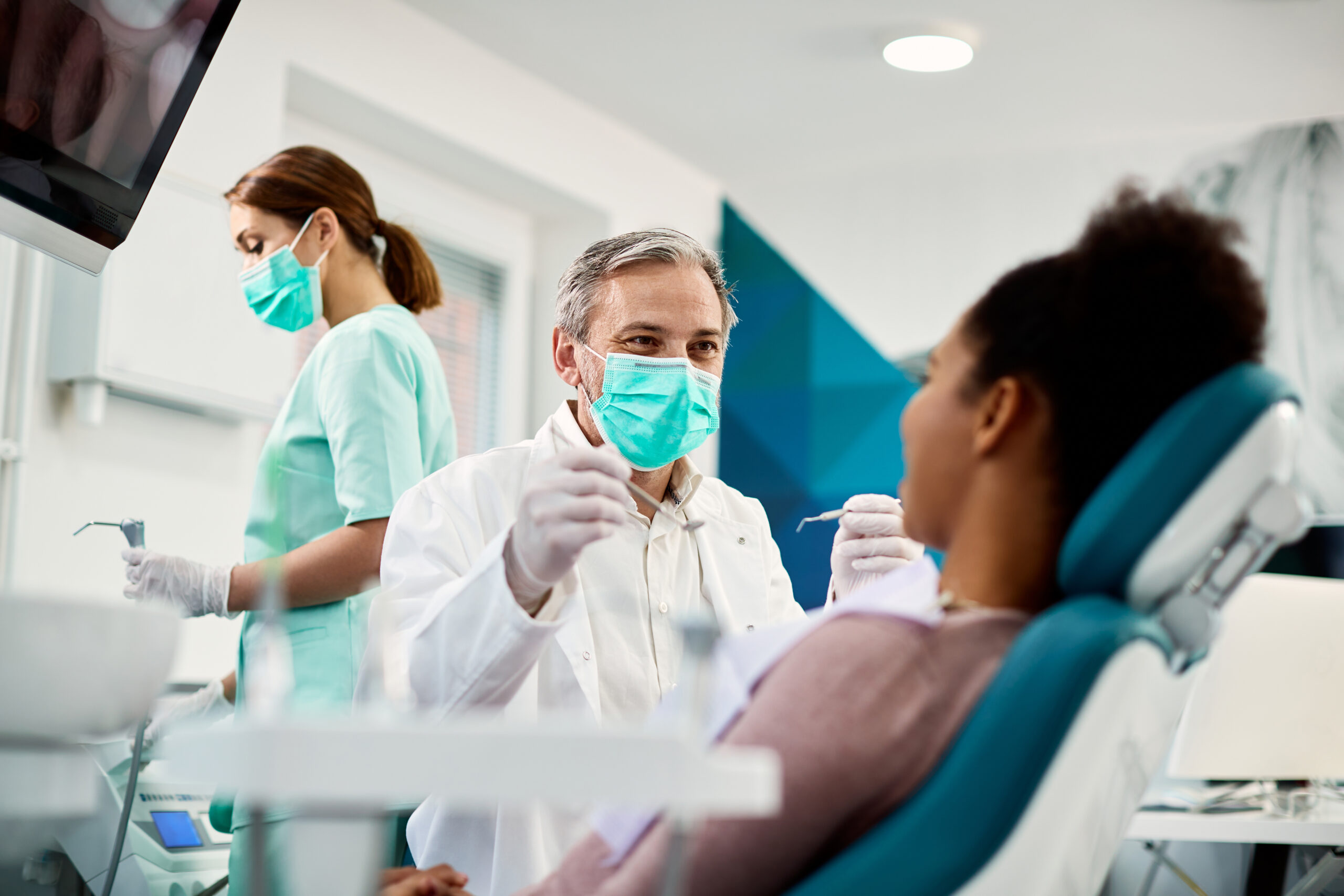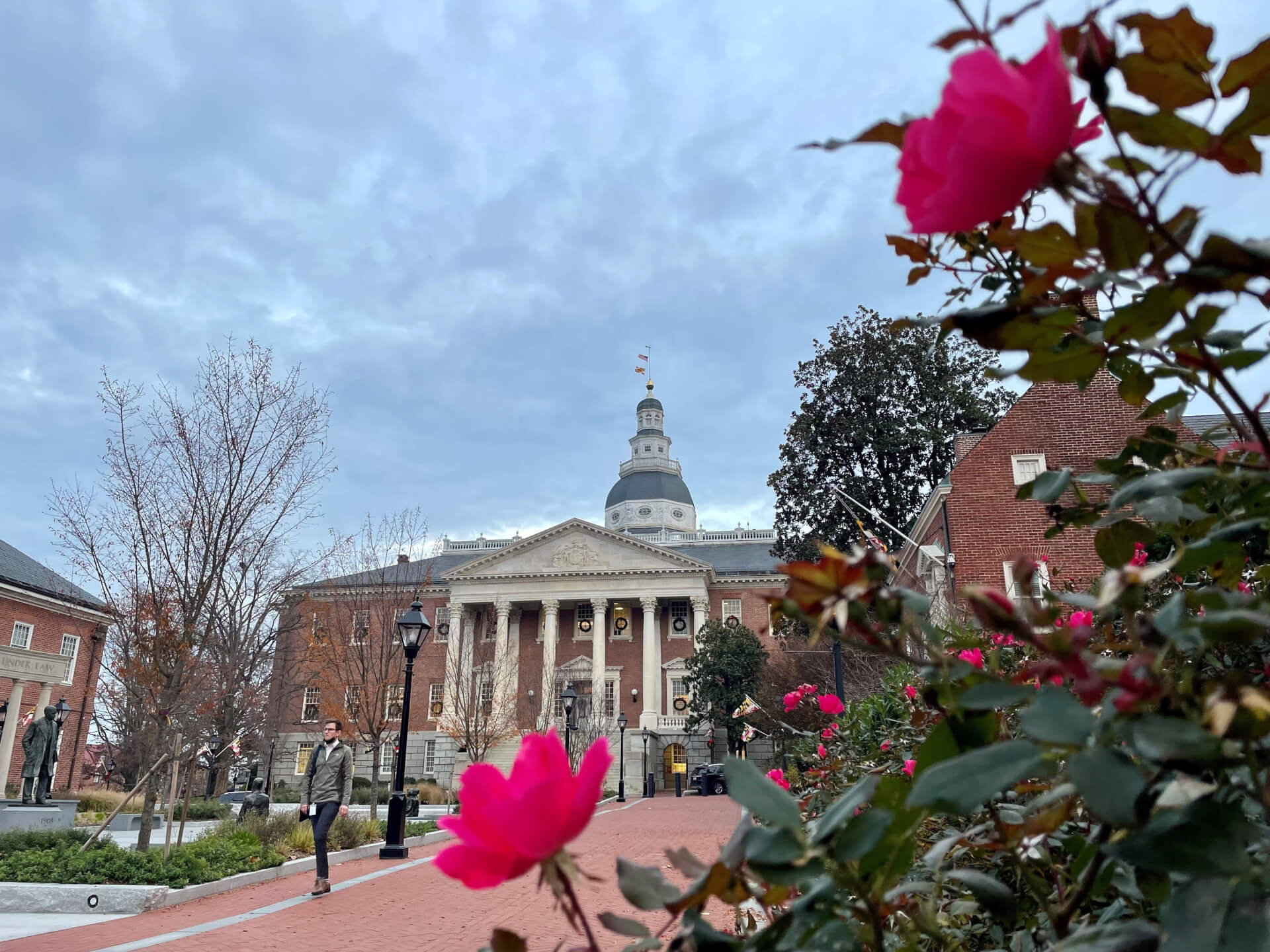Lawmakers look to improve an overlooked area of health care in 2024: dental coverage

At the end of the first week of the 2024 General Assembly session, the House Health and Government Operations Committee had been assigned dozens of bills involving changes to Maryland’s health system. But a couple of proposals would affect an area of health that often goes overlooked: dental care.
And more legislation involving dental care will likely be filed as the session continues, according to Del. Joseline A. Peña-Melnyk (D-Anne Arundel and Prince George’s), chair of the committee.
Of the legislation that has already been filed, one measure would study whether the state could provide more dental services low-income Marylanders. Another would mandate that elementary and secondary school children have a clean bill of dental health before entering Maryland’s public school system.
According to a 2023 report from the American Dental Association, approximately 22.8% of adults aged 19 to 64 nationwide did not have dental coverage in 2021, while 15.7% were on a public dental plan. The remaining 61.4% were on a private dental plan.
“Oral health is a part of health and it is incredibly important to sustaining and maintaining one’s oral health is directly related to the quality of life,” said Mary Backley, chief executive officer of the Maryland Dental Action Coalition. “It’s directly related to systemic health, diabetes management, but also mental health. People feel good when their individual oral health is being taken care of.”
She also said that oral health also affects employment.
The dental coalition, shortened to MDAC, has been a part of the effort to stress the importance of quality oral health and support legislation that creates better access to dental care.
“It’s unfortunate that oral health, in many cases is looked at differently or apart from overall health, because it is a part of health” she said.
One of their recent efforts included encouraging lawmakers to pass Medicaid dental coverage to adults, which passed during the 2022 legislative session. The program launched in January 2023.
“In a little over 11 months, over 170,000 adults have received care through this expanded comprehensive coverage,” Backley said.
But she said that there is more work to be done in the effort to improve oral health in Maryland. Those with dental coverage may still struggle to go to appointments due to a lack of transportation or find it difficult to take off work for appointments.
For those who may not qualify for government dental plans and do not have insurance through an employer, the Maryland Health Connection, the state’s health insurance marketplace, also offers individual dental plans.
The open enrollment period ends Monday at 11:59 p.m.
For the 2024 session, which started last week, some members of the Maryland legislature are also looking to improve dental health in the state.
Filed dental care bills
House Bill 103, sponsored by Del. Heather Bagnall (D-Anne Arundel) would study the feasibility of including new services under the state’s dental health plan for low-income Marylanders, called the Maryland Healthy Smiles Dental Program.
According to the U.S. Department of Health and Human Services, states are required to cover dental services for people with Medicaid under the age of 21, but individual states can determine whether to cover dental services for Medicaid recipients older than 21.
Through the 2022 legislation, Maryland offers dental coverage to adults with full Medicaid coverage through the Maryland Health Smiles Dental Program. Eligible participants can receive regular dental services such as teeth cleaning, x-rays, root canals, and teeth extractions at no cost to the recipient.
However, costs related to full or partial dentures are not currently covered.
HB 103, should it become law, would prompt the Maryland Department of Health to study providing denture services through the Healthy Smiles program and look at potential reimbursement rates.
The study would also look at the feasibility of per-patient basis for house calls and extended care facility calls reimbursement. The Department of Health would then report its findings to the Health and Government Operations Committee by Dec. 1.
Another bill under consideration, House Bill 167, sponsored by Del. Andrea Fletcher Harrison (D-Prince George’s), would require that school aged-children have a “certificate of dental health” in order to be enrolled in a Maryland public school.
Harrison initially filed the bill in 2020, but the legislation never received a vote in committee. According to a legislative analysis when the bill was first introduced, “dental health is essential not only for healthy teeth and gums but also for general health.”
The dental health certificate would go along other health requirements in order for a student to be enrolled in public school for the first time, such as a physical exam and vaccinations.




 Creative Commons Attribution
Creative Commons Attribution